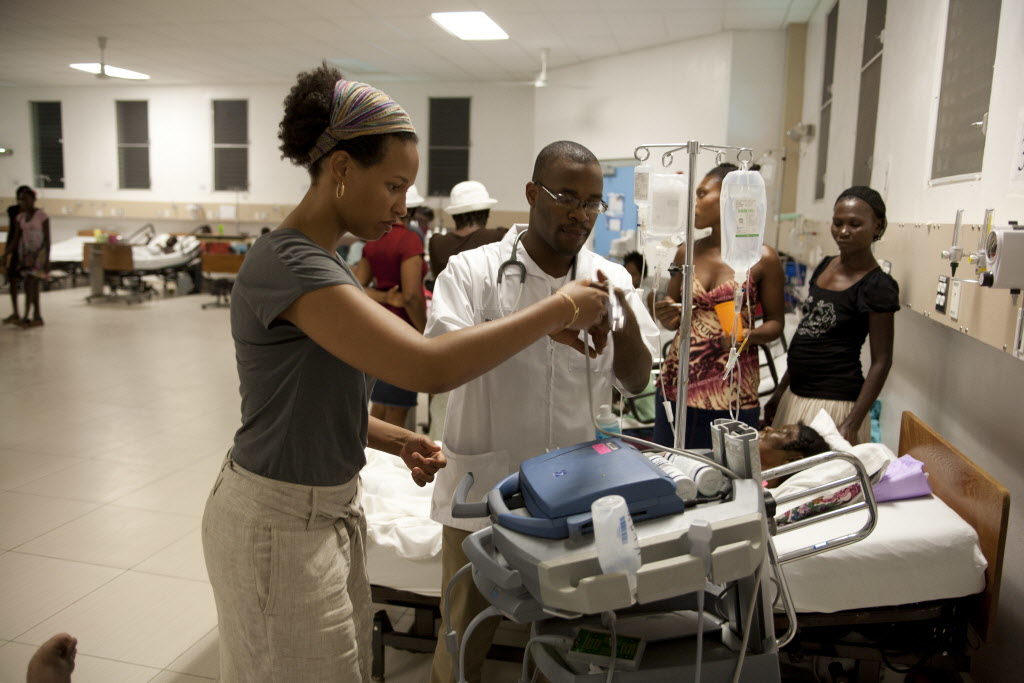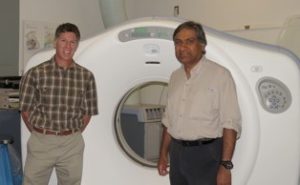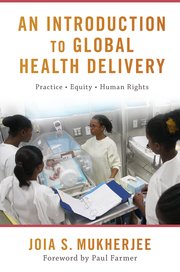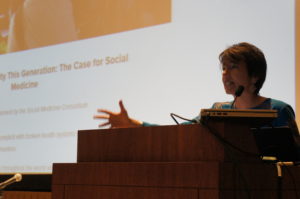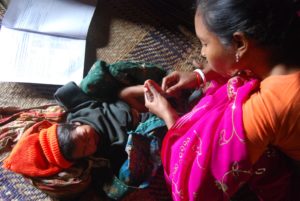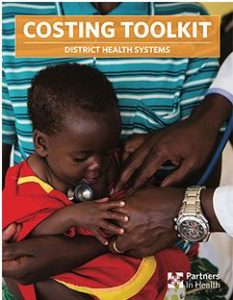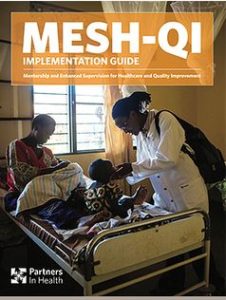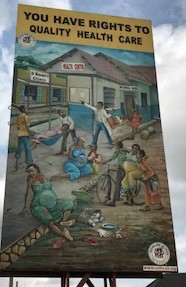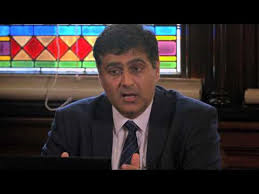Aaron Berkowitz, MD, PhD, was recently awarded the Mridha Spirit of Neurology Humanitarian Award from the American Brain Foundation and American Academy of Neurology for his work to expand access to neurology education and clinical care in resource-limited regions of the world. This award recognizes his tireless efforts developing Neurology training in Haiti. Over six years, Dr. Berkowitz has grown from a visiting professor to an architect of expanded neurology care with a vision for development of specialty training programs globally.
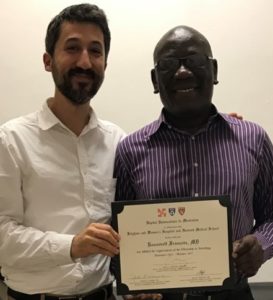
Knowing there was a dire shortage of neurology support in Haiti, in 2012, Dr. Aaron Berkowitz reached out to his colleague Dr. Michelle Morse. Dr. Morse of the BWH Division of Global Health Equity and a founder of EqualHealth explained that there was just one neurologist for the entire population of 10 million people in Haiti which contrasts starkly to 76 neurologists per 100,000 people in Boston. In Haiti, the vast majority of patients had no access to a neurologist for care and most general practitioners had no access to a neurologist to learn from.
In response to this grave inequity, Dr. Berkowitz began working in Haiti with Partners In Health and EqualHealth teaching Continuing Medical Education courses in neurology for internal medicine and family medicine staff and trainees.
Yet, after several years, Dr. Berkowitz started to feel spread thin- he would give lectures to large groups, and see consults with individual doctors in several departments in two different hospitals on each trip. “It seemed like we could have more impact if we focused on training a smaller group over a longer period instead of a ‘neurology for all’ approach,” says Berkowitz. A team including Dr. Berkowitz, Dr. Morse and colleagues at Hôpital Universitaire de Mirebalais (HUM), developed an intensive neurology rotation for HUM internal medicine residents. Through this program, Berkowitz spent four 1-week trips to Haiti working directly with the same five residents who were released from all other responsibilities.

